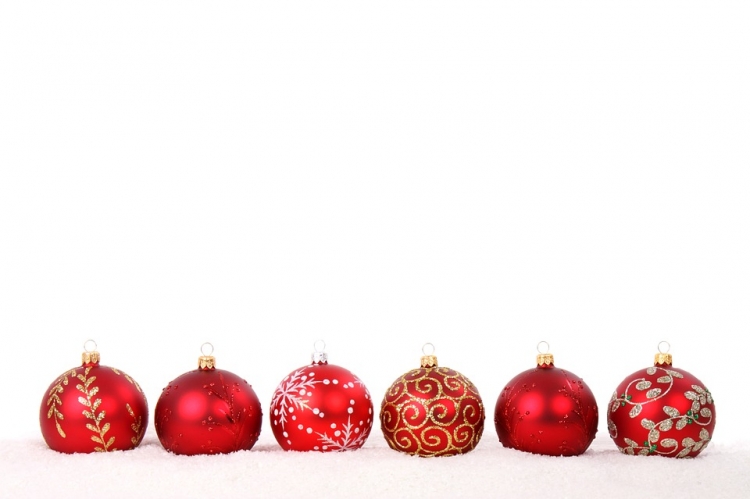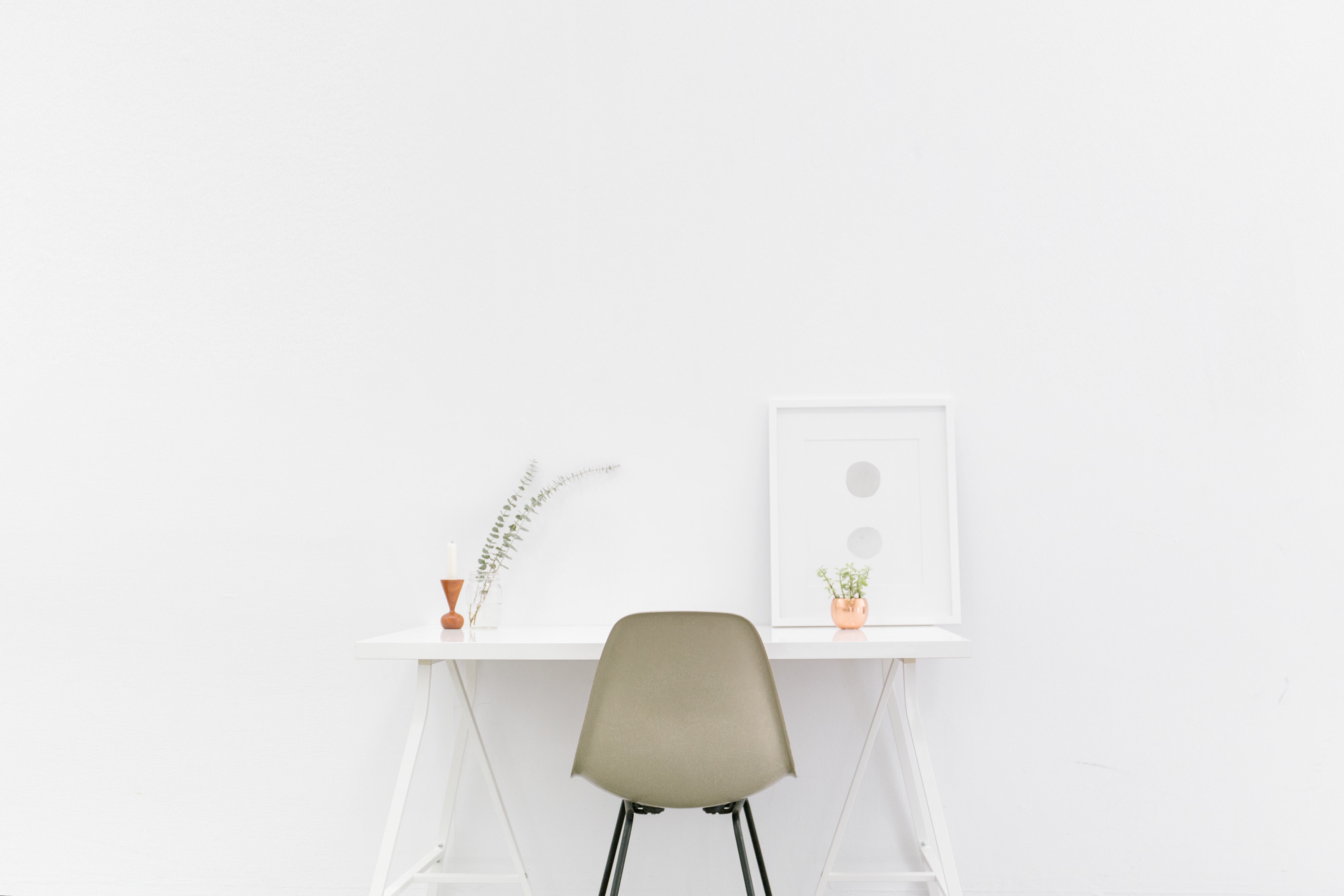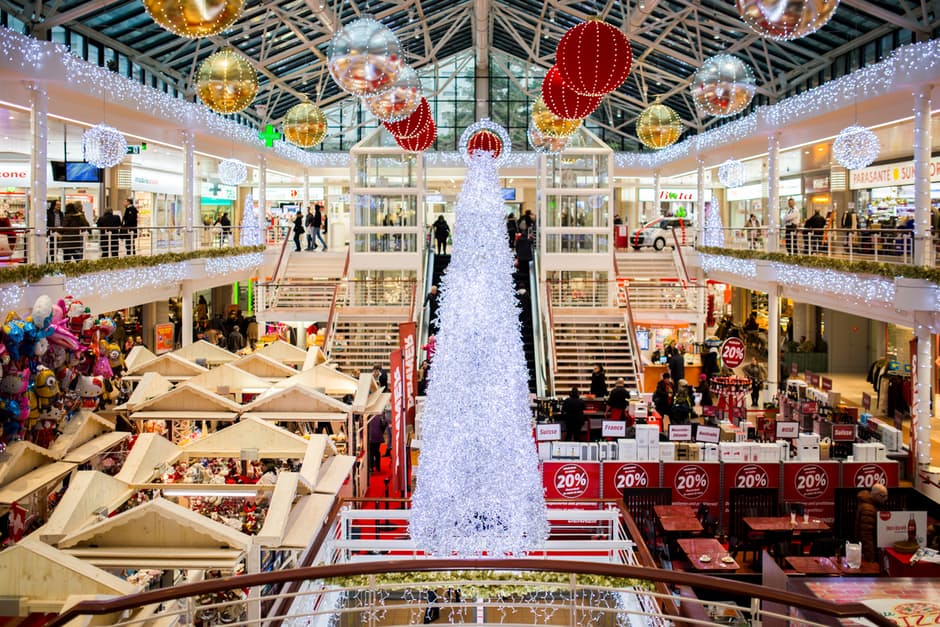Is Minimalism the New Consumerism?

Holiday shopping season is here! It's that time of the year where it is acceptable to shop until you drop, yet minimalism, practiced by millions of people including Steve Jobs, has changed the consumerist game for those who practice it. But is it the answer to our consumerist evils?
In a society where accumulating goods is a celebrated act, the minimalist lifestyle has gone viral among millennials. This Japanese trend is for those who look for a more simple approach to living and it claims to help people get rid of material excess in order to obtain a more focused mind and a life free of dependency on possessions.
What is minimalism?
It is a style or technique (as in music, literature, or design) that is characterized by extreme spareness and simplicity. In the West, two bloggers have popularized the topic gaining around a 4 million global readership. The founders of 'The Minimalists', Joshua Fields Millburn and Ryan Nicodemus, explain how minimalism is not about demonizing material possessions, but instead is the invitation to think about the value we place on material things.
Image credit: PexelsErika Williams, a 19-year-old American University of Paris student, has practiced this lifestyle for the past year. She believes that a clutter-free environment is an important factor in her studio apartment and life. The French-American follows the spare esthetic of Japan's traditional Zen Buddhist philosophy. She explains how she has been able to concentrate and become more productive by keeping only what she needs versus what she thinks she needs. “Minimalism has helped me focus on the things I like the most” said Williams.
The psychology major explains her change of lifestyle started by first decluttering her closet and donating all the clothes that she doesn’t need. She also talks about how moving from the suburbs to the city was one of the primary factors for the change in her materialist ways. "Spending less on shopping means I have more time to spend with friends, go out, or travel." she said.
From an economic perspective, not everyone seems to agree with minimalism. For any business, the less the quantity demanded for a product, the less opportunity it has to generate profit. Therefore a business would decrease its sales and revenue in response to a minimalist community that demands very low consumption.
Image credit: Pexels
This situation could easily lead to inflation due to low usage of goods. This lifestyle doesn’t necessarily support a strong economy, nor small business owners whom are the most susceptible to economic changes. Another possible negative effect could be a cut on employee rates and salaries.
Samuel Nasser Ziad was also born in Paris and raised between Yemen and Lebanon. The business major identifies himself as an active consumer. “Shopping is not only something I do for pleasure, it is part of my daily life, simple things like buying a metro ticket or getting lunch with friends are inevitable activities in my routine” Nasser said. He believes his constant consuming participation helps stimulate the economy.
So how will you be spending your holidays this year? Will you ditch the consumerism lifestyle and try to shop like a minimalist this holiday season, or will you maximize your credit card and take advantage of the sales? Either way, have a great holiday season!









